The Eternal Law is a powerful integration of science, philosophy, and spirituality. Its roots are ancient, while its unique interdisciplinary vision is foundational to the new emerging consciousness. Is there an eternal mathematical law underpinning all of physical reality? How does it depend on higher metaphysical ideas, such as beauty, symmetry, simplicity, and unity? Is truth objective? Why were many of the key founders of modern science inevitably drawn to ancient Greek philosophy?
The extraordinary clarity of The Eternal Law helps to restore a sane vision of reality, while deepening our appreciation of what Einstein called ‘the mysterious’.

The Eternal Law: Ancient Greek Philosophy, Modern Physics, and Ultimate Reality
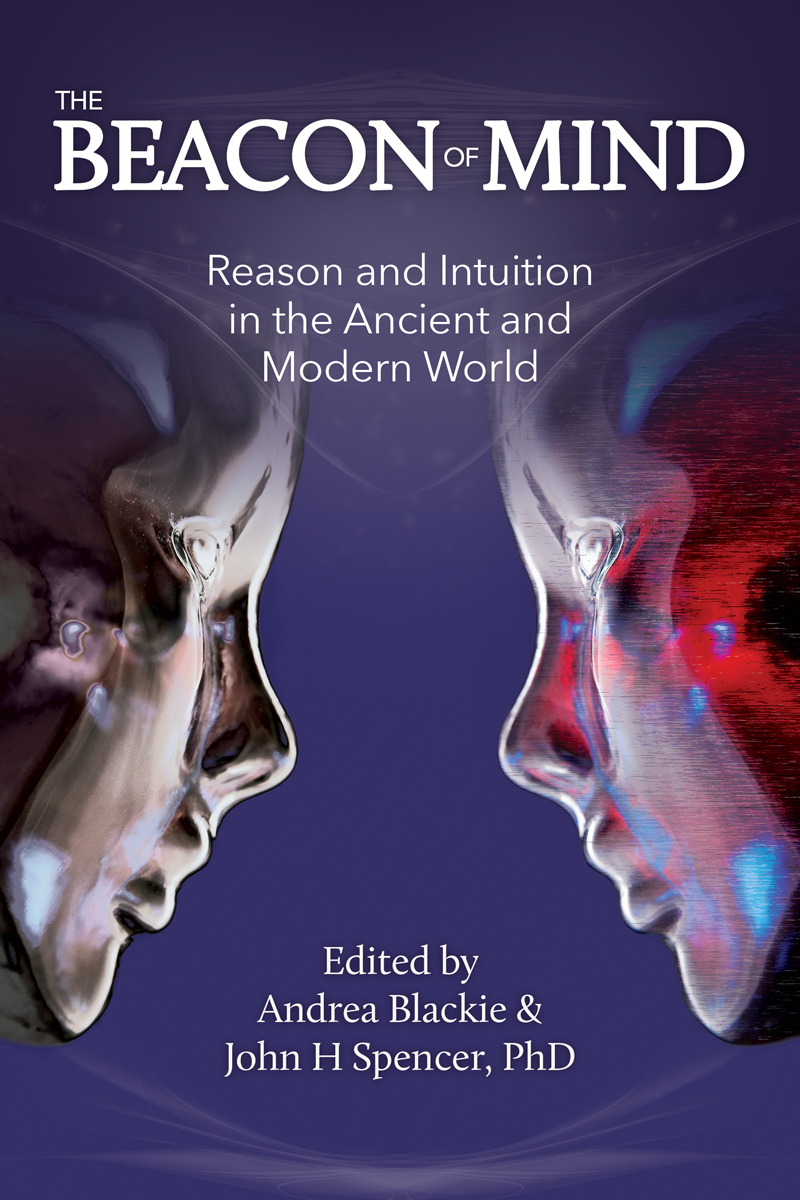
The Beacon of Mind: Reason and Intuition in the Ancient and Modern World
What is reason? What is intuition? How are they interconnected, and how can they be balanced to maximize your chances for optimal success? The Beacon of Mind offers profound insights into these and other related questions from a deeply diverse group of pioneering contributors. From ancient philosophers and mystics to modern day scientists, artists, and entrepreneurs, this thought-provoking yet accessible anthology is a vital companion to anyone seeking to make significant breakthroughs in any area of their life.
For this unique anthology, I am a contributing co-editor with Andrea Blackie.
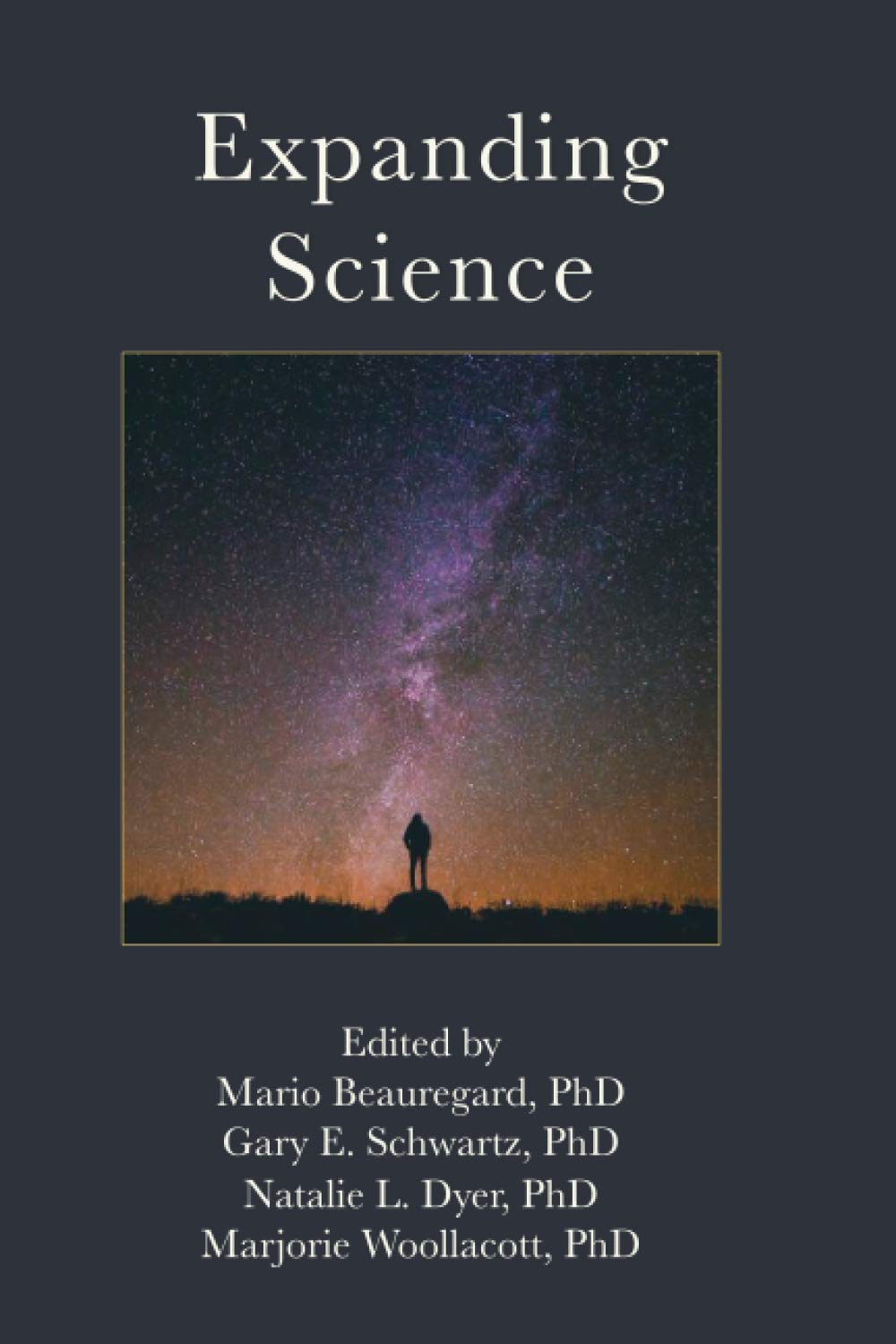
Expanding-Science: Visions of a Postmaterialist Paradigm
Mainstream science generally adheres to the metaphysical assumption of “materialism”, the claim that matter is the only reality and that anything nonphysical is not real. However, that assumption is false. Indeed, the shift from materialist science to postmaterialist science may be of vital importance to the evolution of the human civilization. It may be even more pivotal than the transition from geocentrism to heliocentrism. This anthology features pioneers who are leading the way toward a new postmaterialist paradigm.
I have one chapter and two co-authored chapters in this publication. Some of the other contributors include Larry Dossey, Rupert Sheldrake, and many more.
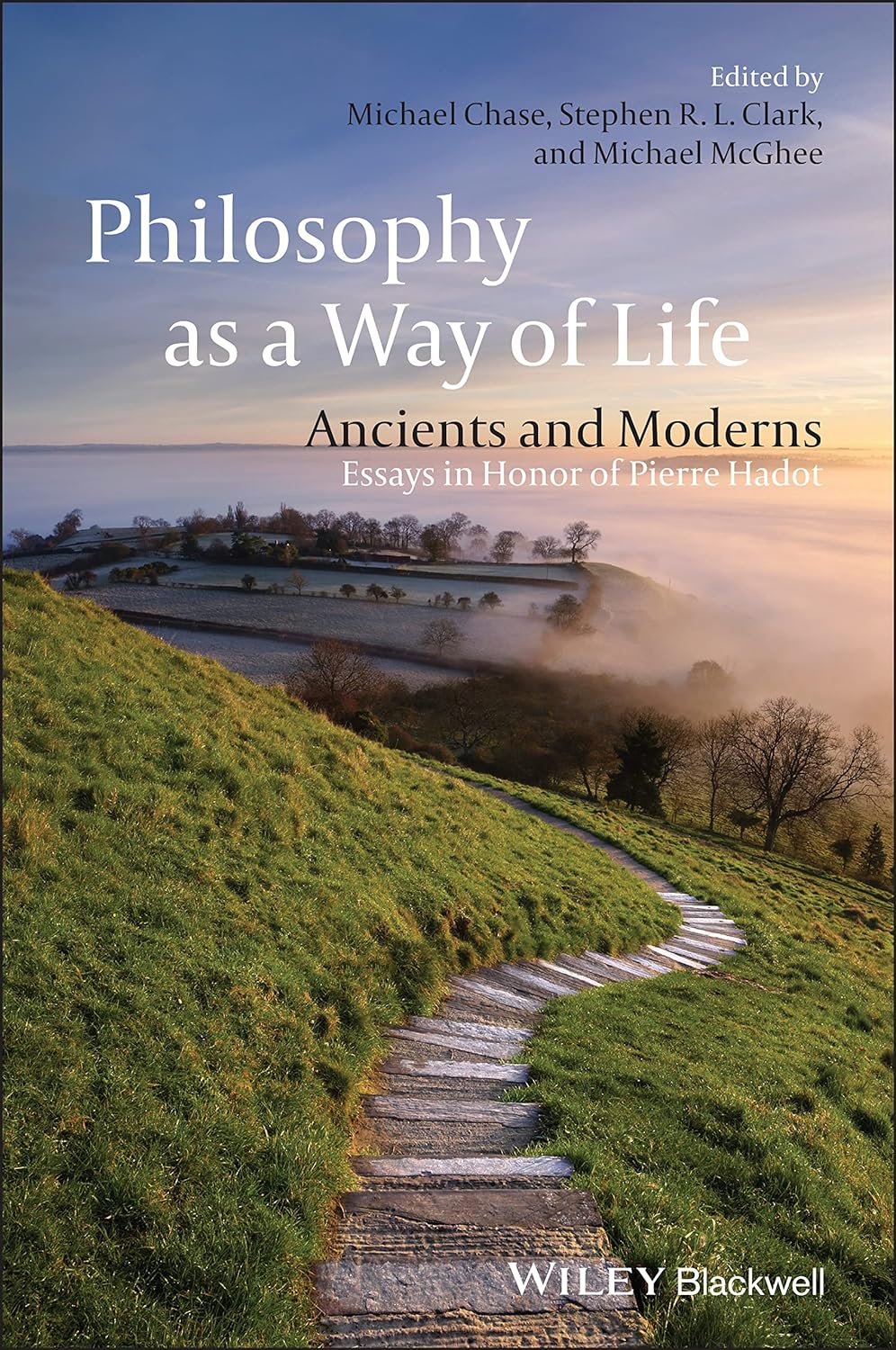
Philosophy as a Way of Life
I have written the Foreword to this anthology, edited by Dr. Michael Chase, Dr. Stephen R. L. Clark, and Dr. Michael McGhee.
This unique collection of essays on the late Pierre Hadot’s revolutionary approach to studying and practising philosophy traces the links between his work and that of thinkers from Wittgenstein to the French postmodernists. It shows how his secular spiritual exercises expand our horizons, enabling us to be in a fuller, more authentic way.
- Comprehensive treatment of a neglected theme: philosophy’s practical relevance in our lives
- Interdisciplinary analysis reflects the wide influence of Hadot’s thought
- Explores the links between Hadot’s ideas and those of a wealth of ancient and modern thinkers, including the French postmodernists
- Offers a practical ‘third way’ in philosophy beyond the dichotomy of Continental and analytical traditions
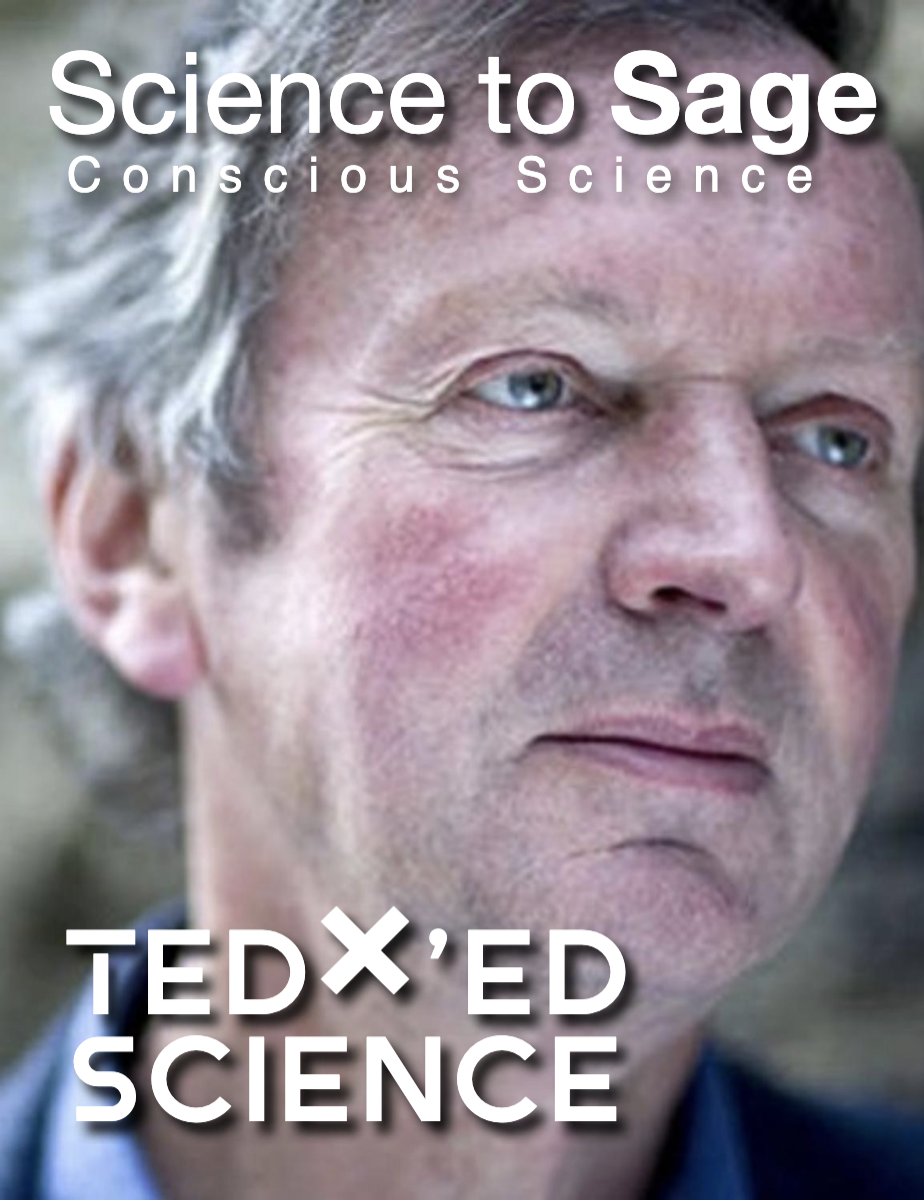
Science to Sage: TEDx'ed Science
I have written an article entitled ‘Science, Logic, & Spirituality: The Revival of Ancient Philosophy’ for the October edition of Science to Sage e-magazine. This edition also features contributions by Rupert Sheldrake, Graham Hancock, Larry Dossey, ane several more.
Science to Sage advances progressive ideas in the fields of science, spirituality, philosophy, art, and ancient wisdom, featuring leading-edge scientists, independent researchers, innovative thinkers, philosophers, and artists who have a more holistic perspective.
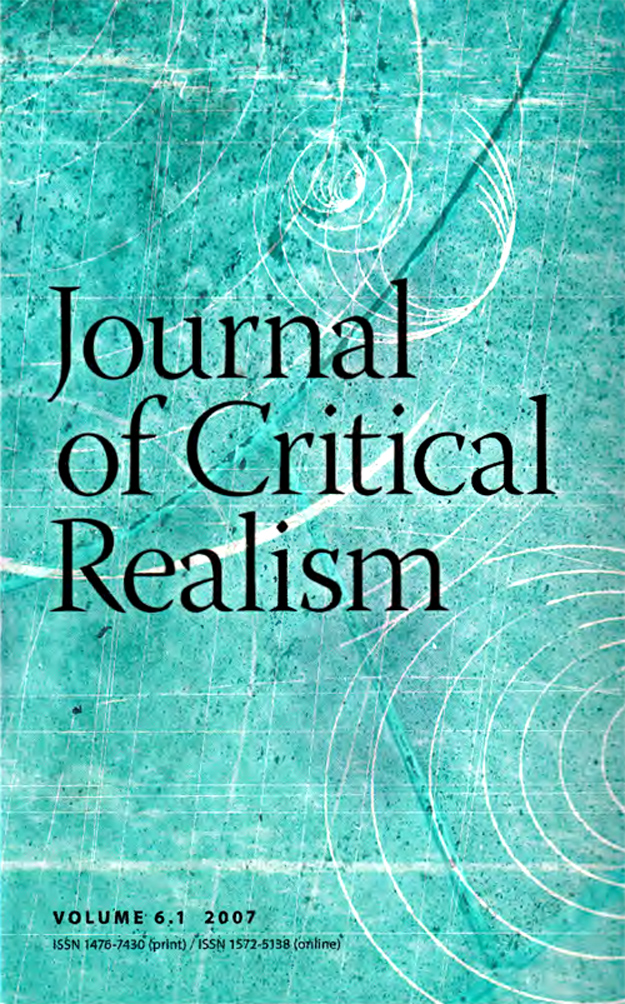
Journal of Critical Realism
In the Journal of Critical Realism, Volume 6, Number 1 / 2007, I contributed a paper called “Defending Realism: Reflections on Karl Rogers’s Metaphysics of Experimental Physics”.
The main goal of this paper is to argue against Karl Rogers’s attacks on realism in physics. Rogers argues that electrons do not exist independently of the relevant socio-technological process, but I show that such an assumption would make our best scientific theories incomprehensible. While the paper supports Rogers’s attempts to refute positivism, it demonstrates that his own position is positivistic, and it corrects his overemphasis on the roles of technology and the experimenter. Rogers assumes that the founders of modern science were simply mechanists (materialists), but I show how they were actually Platonic realists. Contrary to Rogers, realist faith in the fundamental unifying power of the laws of physics is shown to be reasonable, and any denial of this belief would imply that science is impossible
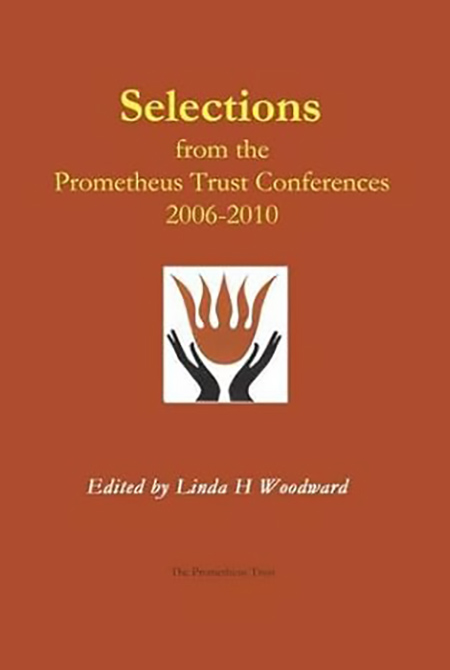
Selections from the Prometheus Trust Conferences 2006-2010
My paper is called “Are you a Platonist?”, which is Chapter 1 in this anthology, edited by Linda H. Woodward
The Prometheus Trust, a registered charity, seeks to encourage true philosophy – the love of wisdom. This philosophy, wrote Thomas Taylor, “may be compared to a luminous pyramid, terminating in Deity, and having for its basis the rational soul of man and its spontaneous unperverted conceptions.” It is a path open to all men and women who seek those living truths which are so marked by stability, creative power and perfective energy – truths whose beauty is so attractive to the human soul.
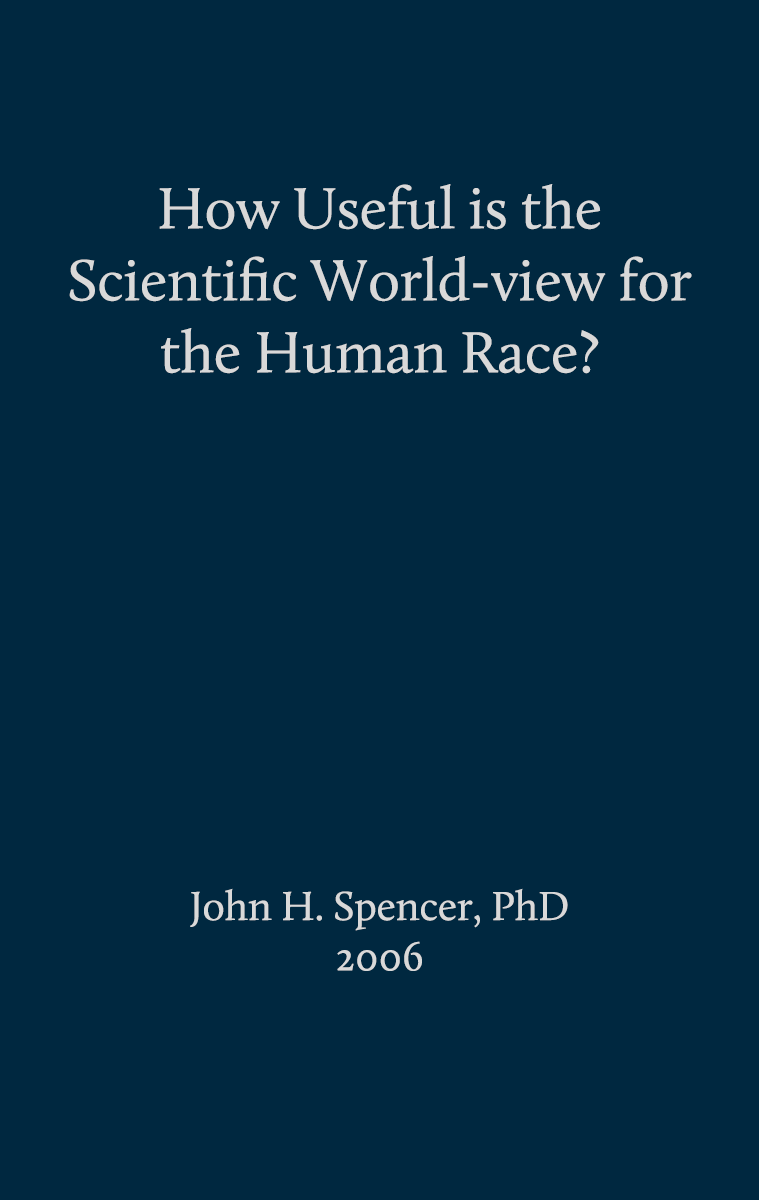
How Useful is the Scientific World-view for the Human Race?
In 2006 I was awarded first prize in a university-wide essay contest for Postgraduate (PhD) students at the University of Liverpool on the topic of the usefulness of the scientific worldview. Here is the list of judges, as well as their positions at the time: Professor Clive Edwards, Faculty Director of Postgraduate Research for Science; Dr. Simon Hailwood, Lecturer in Philosophy; Dr. Graham Kemp, Faculty Director of Postgraduate Research for Medicine; and Professor Henry Wu, Faculty Director of Postgraduate Research for Engineering.
I did not publish this brief (1500-word) paper; however, it provides a very simple introduction to a few of the topics explored in The Eternal Law, including some of the social implications, and so I have provided it in PDF format here.